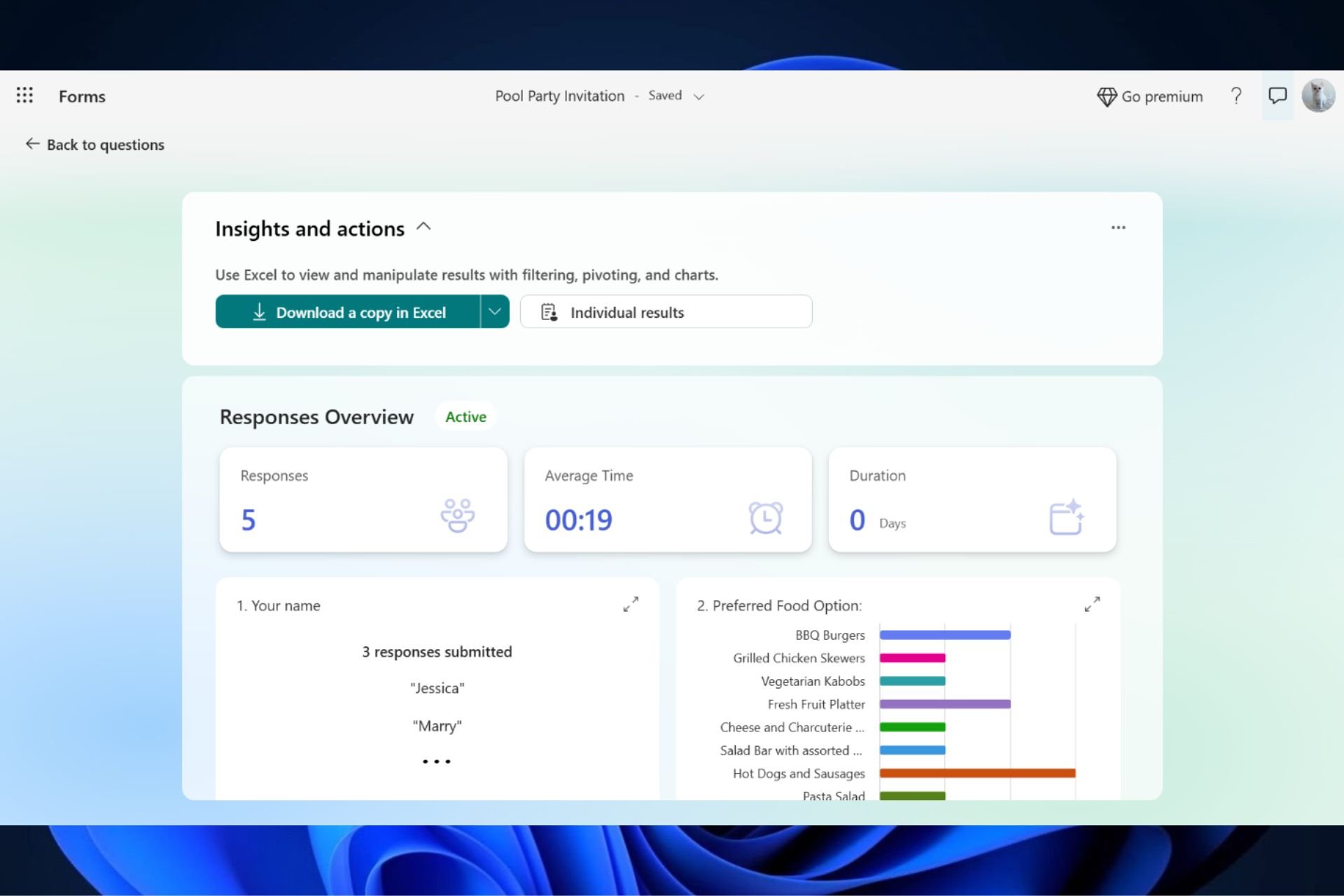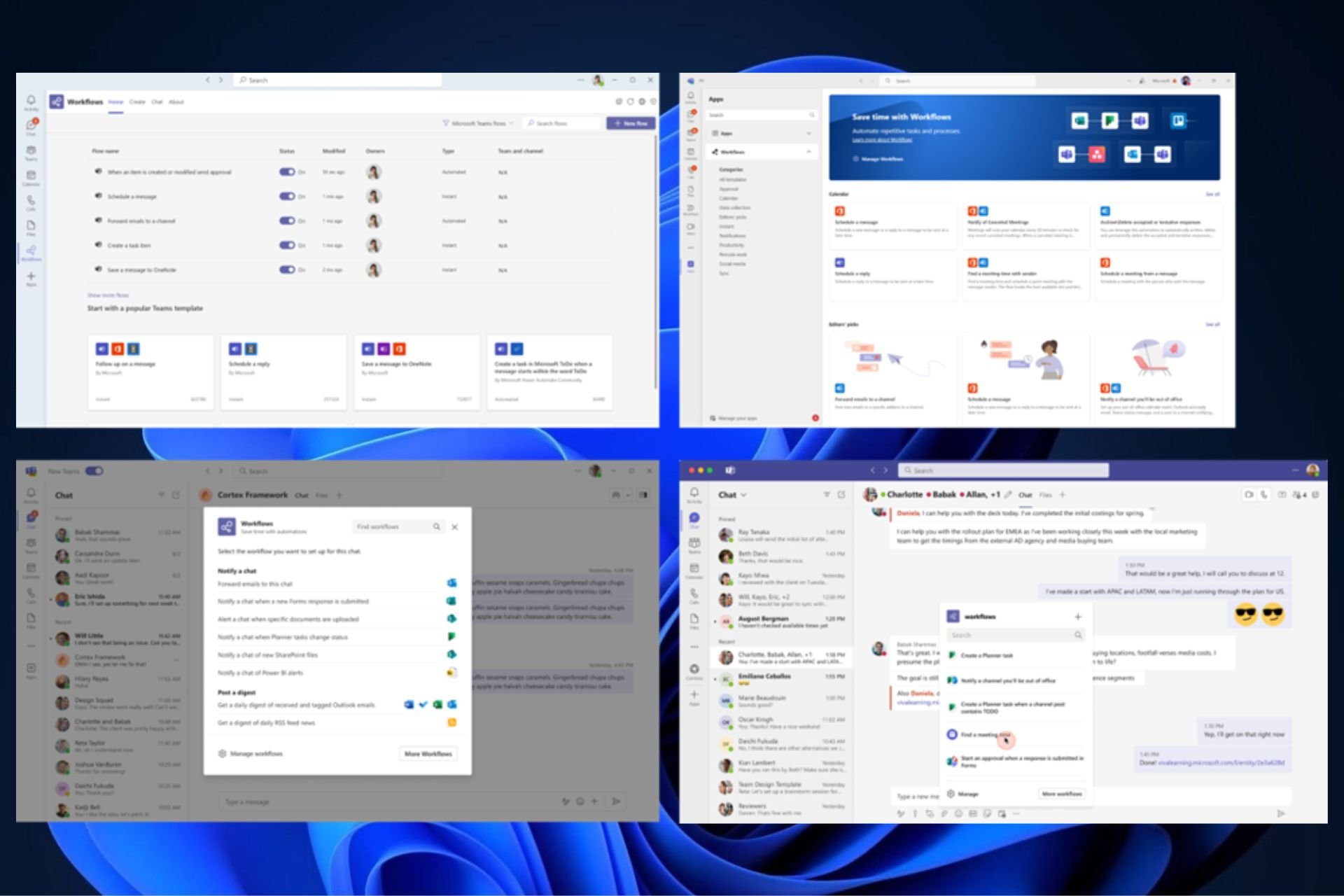Microsoft is starting a new fiscal fear with layoffs
The number is not currently known.
2 min. read
Published on
Read our disclosure page to find out how can you help Windows Report sustain the editorial team Read more

Once again, Microsoft is in the news as it prepares to decrease its workforce at the start of a fresh fiscal year. The tech giant has made this choice many times before, and it seems to mirror an overall pattern seen throughout the technology industry. Companies adjust their tactics to respond flexibly to continually changing technological and economic environments.
According to reports, while the number is unknown, the layoffs at Microsoft have a wide reach, affecting various teams and geographies. This has sparked questions about what lies ahead for those impacted by this decision and strategic adjustments within Microsoft itself.
Organizational and workforce adjustments are a necessary and regular part of managing our business. We will continue to prioritize and invest in strategic growth areas for our future and in support of our customers and partners.
Microsoft
The Microsoft layoffs have impacted multiple areas, from product and program management to the Azure cloud unit and the HoloLens mixed-reality organization. This is a bitter pill for many long-term workers at this company.
But the Redmond-based tech giant—which experienced a rise in its headcount during the pandemic—is in a position to make these cuts. The reason for this comes from trying to keep profit margins steady due to increased capital spending. This is especially true in areas related to AI, where the need for cloud infrastructure to train and use models continues growing. This strategic change towards AI and cloud computing symbolizes what lies ahead for Microsoft’s future and the entire tech sector.
The layoff situation in Microsoft is not only due to its internal rearrangement but also shows the general picture of the tech industry. This year, more than 100,000 tech workers have been laid off from their jobs, and last year was even worse, with a total number reaching over 260,000 employees facing this issue. This trend has become common, making people ponder job stability and changing skills needed to keep up with technology.
As Microsoft and other big players in this field keep steering through these waters, their actions have repercussions felt worldwide within the tech community, causing everyone to reassess what lies ahead for them.








